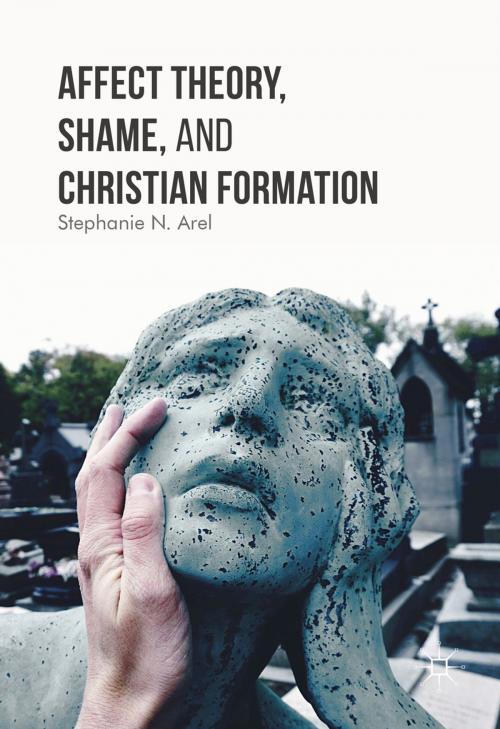Affect Theory, Shame, and Christian Formation
Nonfiction, Religion & Spirituality, Reference, Psychology of Religion, Health & Well Being, Psychology| Author: | Stephanie N. Arel | ISBN: | 9783319425924 |
| Publisher: | Springer International Publishing | Publication: | November 8, 2016 |
| Imprint: | Palgrave Macmillan | Language: | English |
| Author: | Stephanie N. Arel |
| ISBN: | 9783319425924 |
| Publisher: | Springer International Publishing |
| Publication: | November 8, 2016 |
| Imprint: | Palgrave Macmillan |
| Language: | English |
This book addresses the eclipse of shame in Christian theology by showing how shame emerges in Christian texts and practice in ways that can be neither assimilated into a discourses of guilt nor dissociated from embodiment. Stephanie N. Arel argues that the traditional focus on guilt obscures shame by perpetuating the image of the lonely sinner in guilt. Drawing on recent studies in affect and attachment theories to frame the theological analysis, the text examines the theological anthropological writings of Augustine and Reinhold Niebuhr, the interpretation of empathy by Edith Stein, and moments of touch in Christian praxis. Bringing the affective dynamics of shame to the forefront enables theologians and religious leaders to identify where shame emerges in language and human behavior. The text expands work in trauma theory, providing a multi-layered theological lens for engaging shame and accompanying suffering.
This book addresses the eclipse of shame in Christian theology by showing how shame emerges in Christian texts and practice in ways that can be neither assimilated into a discourses of guilt nor dissociated from embodiment. Stephanie N. Arel argues that the traditional focus on guilt obscures shame by perpetuating the image of the lonely sinner in guilt. Drawing on recent studies in affect and attachment theories to frame the theological analysis, the text examines the theological anthropological writings of Augustine and Reinhold Niebuhr, the interpretation of empathy by Edith Stein, and moments of touch in Christian praxis. Bringing the affective dynamics of shame to the forefront enables theologians and religious leaders to identify where shame emerges in language and human behavior. The text expands work in trauma theory, providing a multi-layered theological lens for engaging shame and accompanying suffering.















